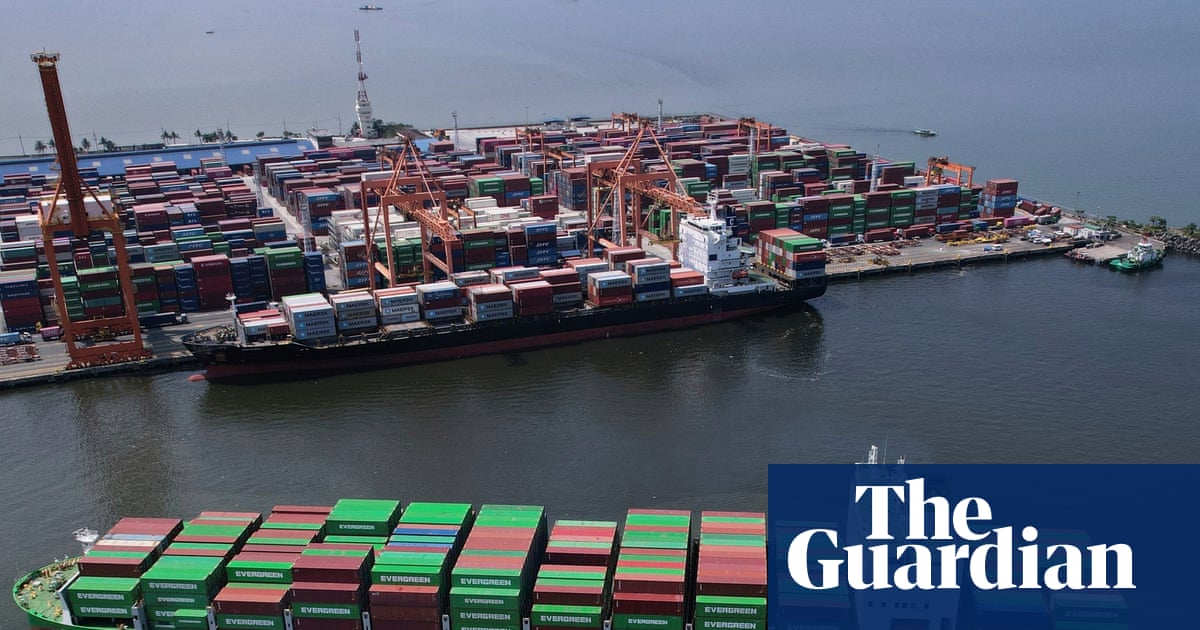
"Donald Trump's government is putting intense pressure on vulnerable countries to vote against measures that would force shipping companies to pay for their carbon emissions. US officials have written to countries that support the measure and besieged them with phone calls threatening to impose tariffs, withdraw visa rights and take other retaliatory action. The moves appear to be having some impact and, if successful, could throw more than two decades of tortuously slow progress on decarbonising the shipping industry into reverse."
"Representatives from most of the 176 member states of the International Maritime Organization (IMO), which governs global seafaring, are meeting at its headquarters in London for four days of talks. They are expected to approve new rules that would levy charges on ships based on their greenhouse gas emissions. The money raised would go to funding the transition to cleaner fuels for ships and to help developing countries."
"Although the carbon levy was approved at an IMO meeting in April, the complex procedures of the UN body mean it must be reaffirmed by two-thirds of countries this week. After that, countries have a further 10 months to decide whether to accept it, followed by a period of assessment and refinement before new rules can finally be introduced. Trump is attempting to halt the measure."
US government officials have pressured vulnerable countries with letters and phone calls, threatening tariffs, visa withdrawals and other retaliatory actions to block a shipping carbon charge. The pressure targets a carbon levy on ships being considered by the International Maritime Organization, designed to fund cleaner fuels and assist developing countries. The levy could begin in 2028 and raise about $10bn a year. Shipping currently accounts for about 3% of global greenhouse gas emissions and could rise to 10% by mid-century. The levy was approved in April but requires reaffirmation by two-thirds of IMO members and further national decisions and refinements before implementation.
Read at www.theguardian.com
Unable to calculate read time
Collection
[
|
...
]